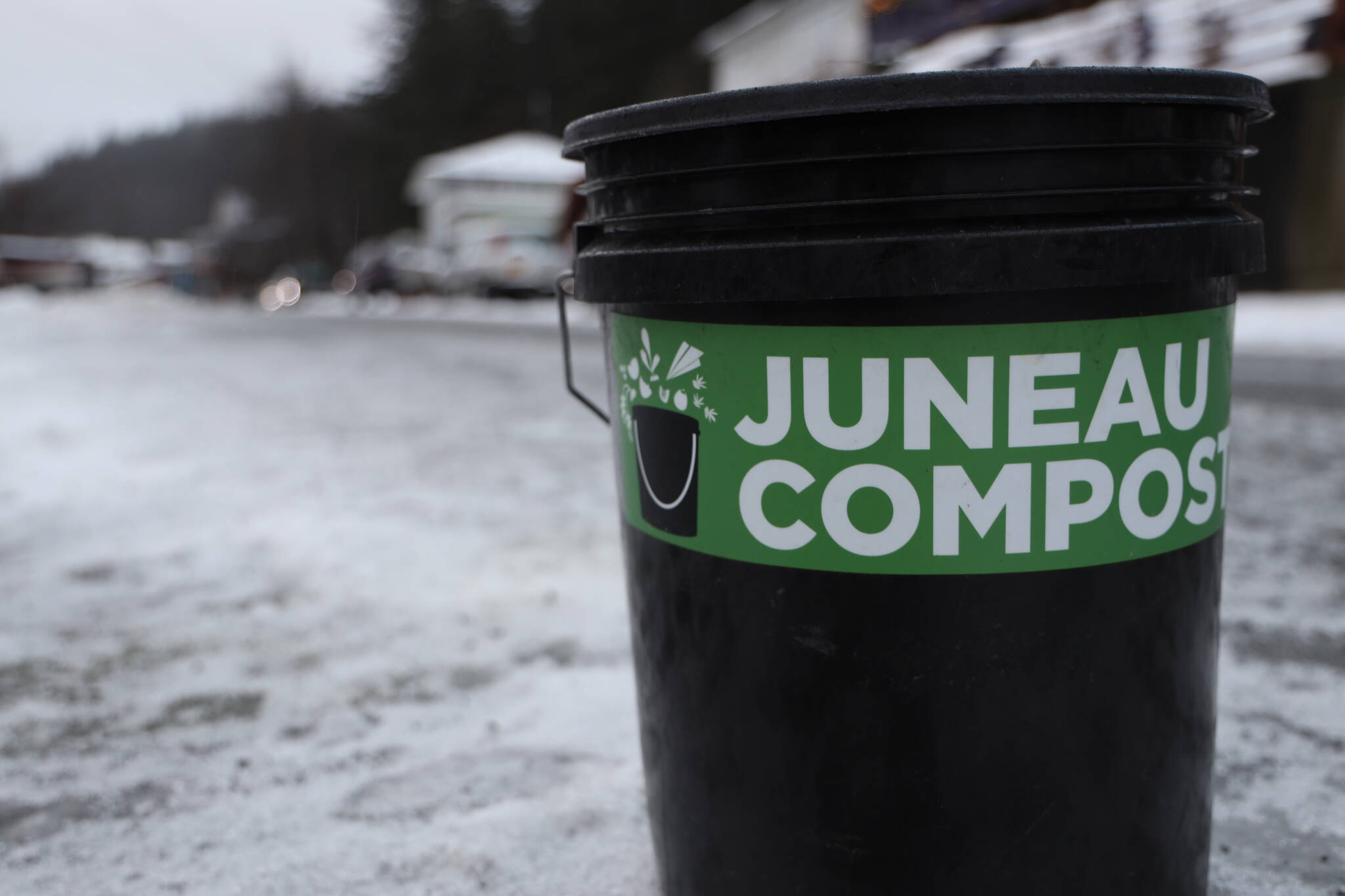Garbage — no one likes it, no one wants it. So, we put it in “the dump,” but our dump is almost full. Remaining landfill capacity is estimated at 17 to 26 years, but this may be optimistic. So, we either build a new dump, burn the stuff, ship it away, make less of it, or put it to use. But what if “garbage” had value? What if there was a market for the stuff? This is the holy grail of waste minimization — but how do we create value and form a market?
A hearty minority in Juneau already recycles and composts organic waste via Juneau Composts! The city government has recently received a grant for composting, so what can we do with this money? Build a big composter and assume more residents will begin composting? Better to expand the market for the end product. If the city helps educate residents on the uses of compost and facilitates those uses, private industry would surely process as much raw material as is made available. The city could use its windfall to dedicate land to public gardens, publish plans for raised beds, build raised beds for rental or free use, hire consulting master gardeners to help guide new gardeners to quicker and better production and support a public marketplace. While Alaskans appreciate barge vegetables, we might prefer fresh vegetables picked for flavor and nutrients rather than durability in transport. That is, by acting as extension agent the city could help grow the market.
• Frank Bergstrom has 45 years of experience in the mining industry working with waste minimization, permitting, environmental management. Columns, My Turns and Letters to the Editor represent the view of the author, not the view of the Juneau Empire. Have something to say? Here’s how to submit a My Turn or letter.
